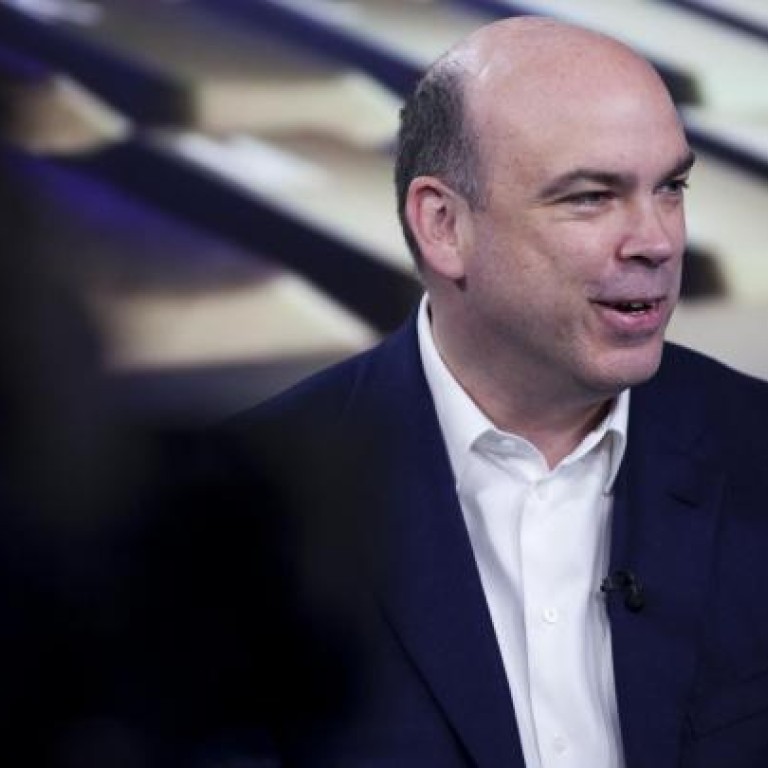
Autonomy founder says its sales practices were legal
Former owner of software firm says accounting and sales practices legal
Mike Lynch, who founded the British software company accused by Hewlett-Packard of falsifying finances, said that while he might have used some of the contested accounting and sales methods, they were all legal.

HP said this week it recorded an US$8.8 billion write-down related to last year's purchase of Autonomy and that more than US$5 billion of that impairment charge was the result of accounting practices.
"Essentially we would offer a discount on hardware, especially if people were buying software or a big long-term partner," Lynch said. "A bank would buy software from us every other quarter, but they would also buy hardware from us."
Lynch, who said he had not yet hired a lawyer, has mounted a public campaign against his accusers, appearing on television and giving interviews rejecting HP's version of events, to defend his reputation as one of Europe's most successful technology entrepreneurs.
HP called Autonomy's practices a "wilful effort" to inflate financial results and mislead investors. It said the misrepresentations caused the company to value Autonomy incorrectly before the deal, which ultimately cost the company US$11.1 billion.
John Schultz, HP's general counsel, has said among those practices, which accounted for US$200 million in miscategorised or false revenue, was reselling Dell hardware and recording them as software revenue.
Lynch denied miscategorising revenue. The company treated some of the costs as marketing costs because that was what they were, promotional deals to attract customers, a spokesman for Lynch said yesterday.
While that practice would be "highly unusual" and "could be construed as misleading", it would be difficult to call it a breach of accounting rules with the information available, said Larry Kantar, who teaches forensic accounting and financial fraud at the Southern Methodist University in Dallas.
"That's what makes this so difficult," Kantar said. "These are highly complex transactions and you've got to get all the facts to be able to make the determination on the proper way to account for it."
Deloitte said this week that it did not find any evidence of improper accounting methods or misrepresentations when it last looked at Autonomy's finances before HP bought the software company. Deloitte, which said it was not employed to do due diligence on the deal, last audited Autonomy's finances for the year to December 2010.
"The board relied on audited financials - audited by Deloitte - not Brand X accounting firm but Deloitte," HP chief executive Meg Whitman has said.
Analysts had voiced their concerns about Autonomy's growth rate in the years before HP's acquisition. Paul Morland, of broking and advisory house Peel Hunt, included Autonomy in a June 2009 note for Astaire Securities called "Accounting Red Flags".
The rate at which the company was converting profit into cash, a sign of "true profit", was particularly low, Morland said at the time.
Autonomy said this was due to high growth rates, according to the note.
Lynch founded Autonomy as a spin-off from the University of Cambridge in 1996 and built it into Britain's second-largest software company with customers including Coca-Cola and the US Securities and Exchange Commission.

